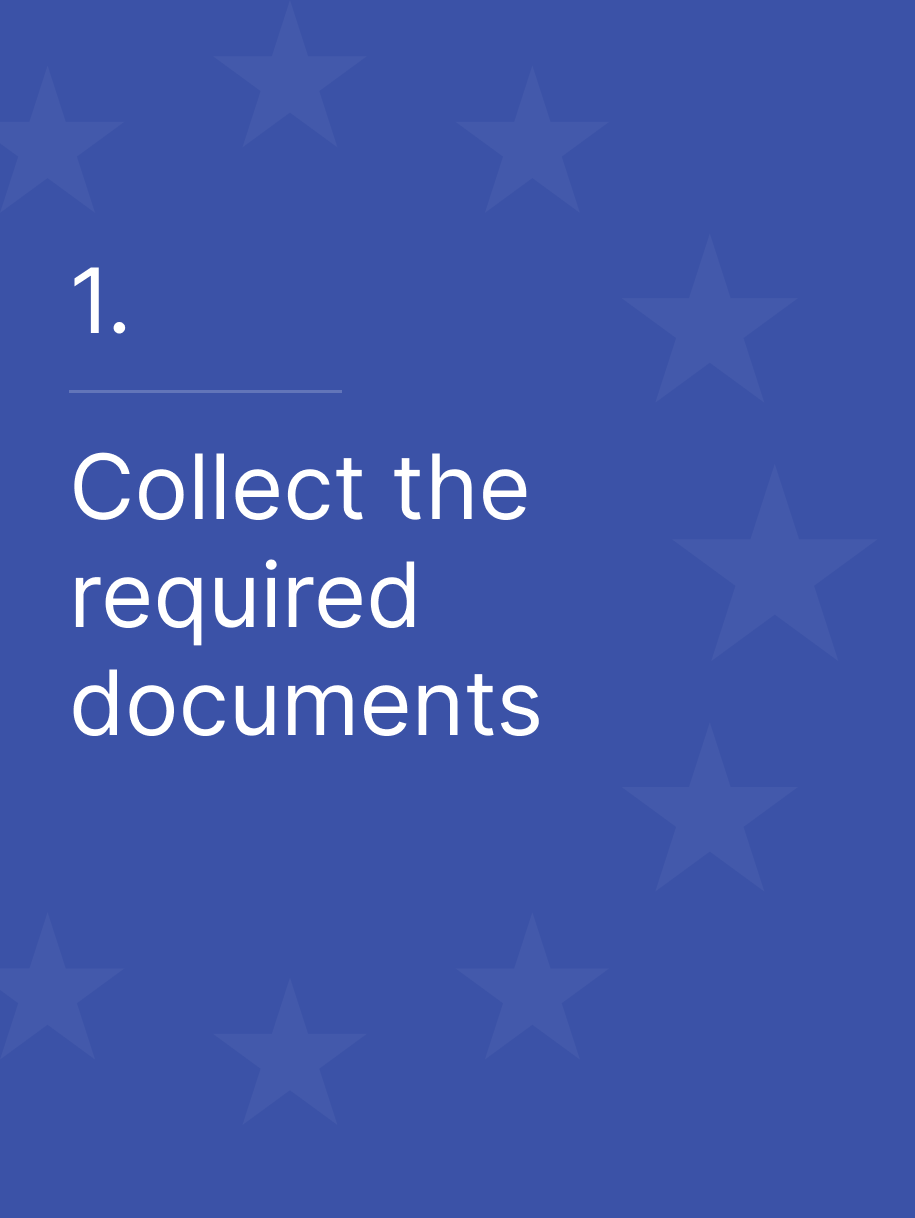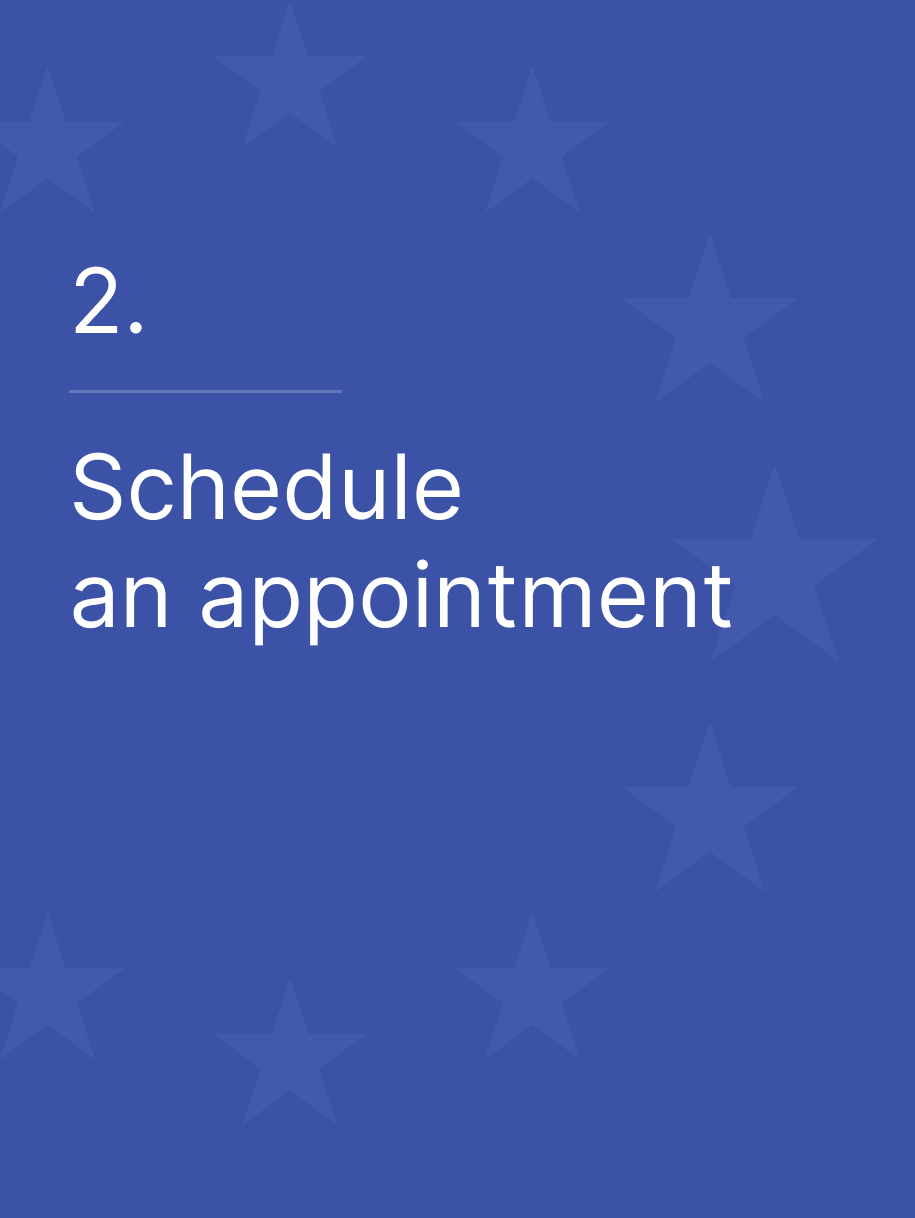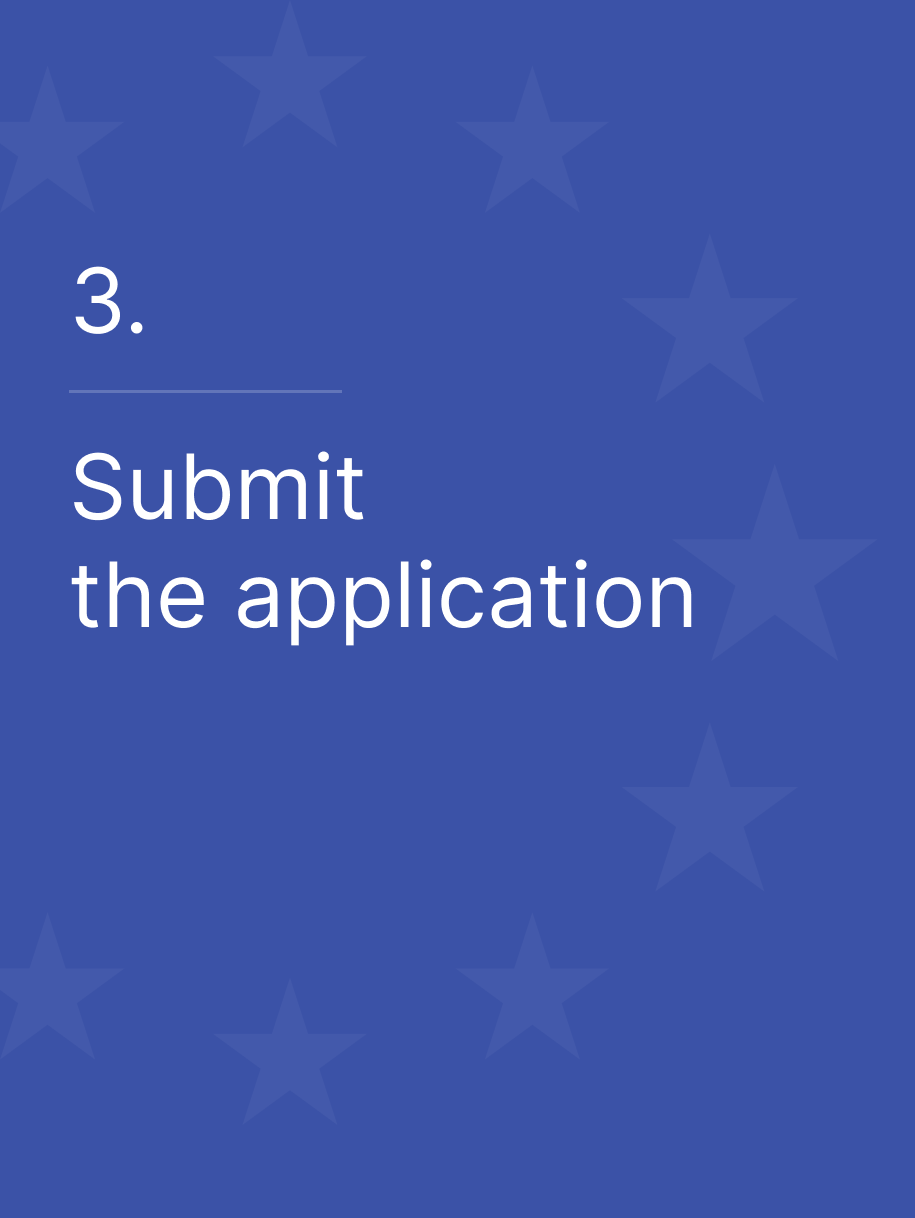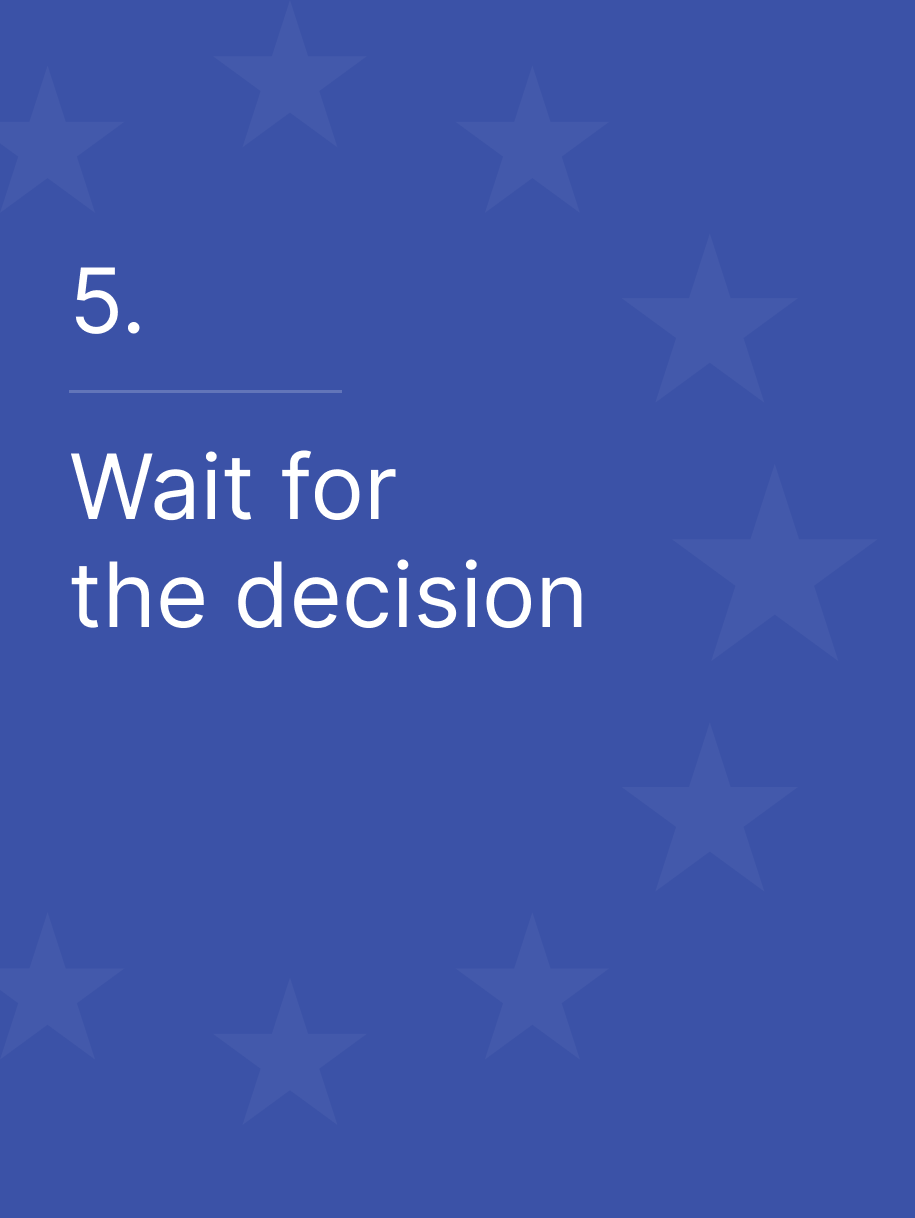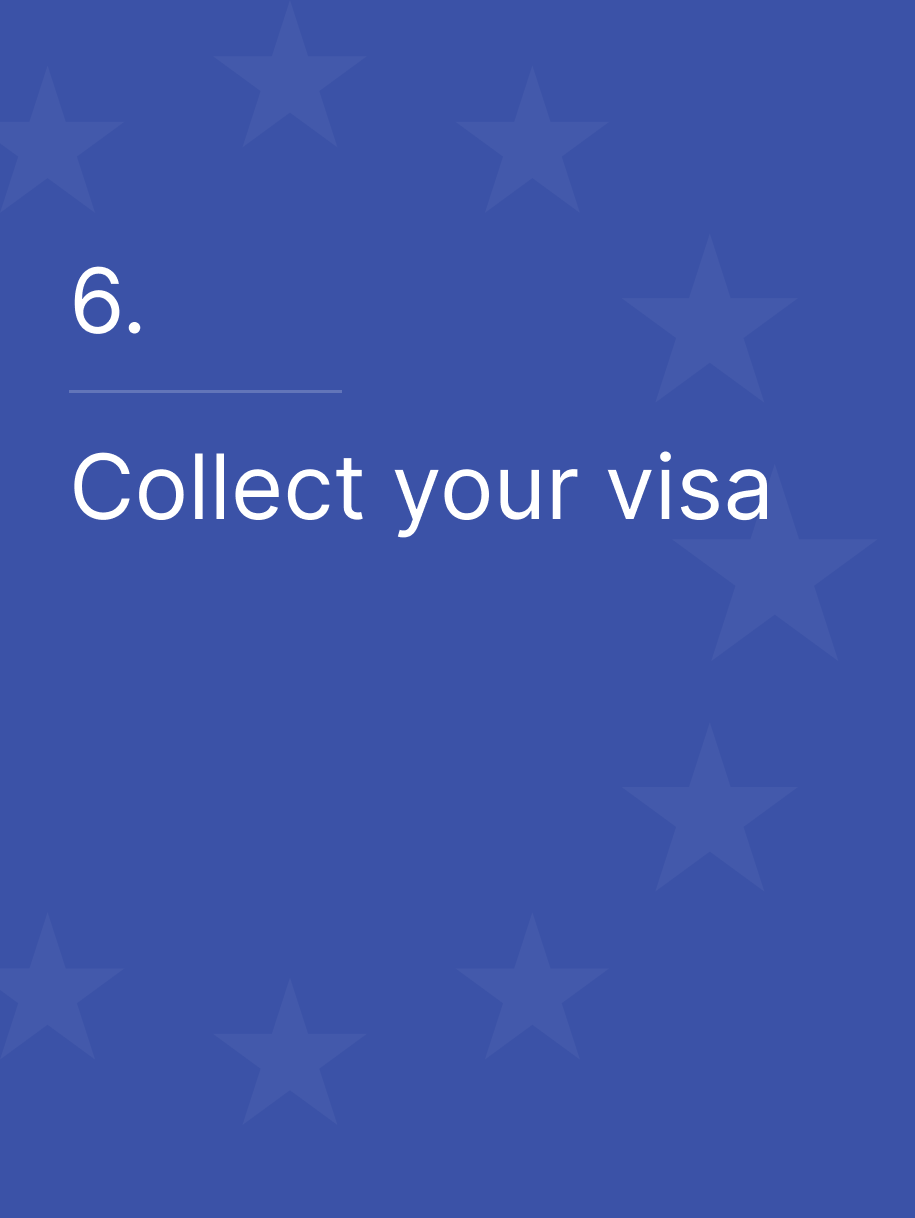Содержание Show
Slovenia is a Schengen country known for its mountains, ski resorts, and lakes. However, to explore its beauty, non-EU nationals from certain countries need a Schengen visa. In this guide, we will talk about the required documentation for a Schengen visa to Slovenia and lead you through every step of the visa application process.
What is a Slovenia Schengen visa?
A Slovenia Schengen visa is a special type of entry permit that allows you to travel to Slovenia and the other 26 European countries within the Schengen Area. This visa is typically valid for short stays, up to 90 days within a 180-day period, and is perfect for tourism, business trips, family visits, and other short-term travel purposes.
Depending on your reason for visiting, there are several types of Schengen visas you can apply for, each tailored to specific needs and with varying validity periods.
Tourist visa is for those who wish to travel to Slovenia to have a vacation or for sightseeing. This visa typically allows for a stay of up to 90 days within a 180-day period, offering plenty of time to explore Slovenia’s attractions.
Business visa is for individuals who plan to participate in business activities in Slovenia, such as conferences, meetings, or any business-related events. This visa also generally allows for stays of up to 90 days in six months, making it ideal for short‑term business trips.
Study visa is tailored for those who want to undertake short educational courses or participate in student exchange programs in Slovenia. The duration of this visa usually corresponds with the course or program length so that students can complete their studies without encountering visa issues.
Medical visa is designed for individuals seeking medical treatment in Slovenia. With this visa, you can access Slovenia’s healthcare facilities for short-term medical care. The medical visa is usually valid for the duration of the treatment plan, not exceeding the 90-day limit within a 180-day period.
Obtaining a Schengen visa is necessary for many non-EU and non-Schengen nationals to ensure legal entry and unrestricted travel within the Schengen Area.
Family visit visa is for travellers who have family members living in Slovenia and wish to visit them. This visa provides an opportunity for a short-term stay, usually up to 90 days within a six months, allowing for quality family time.
Who needs a Schengen visa to enter Slovenia?
The requirements for a Schengen visa mostly depend on the applicant’s nationality and the agreements their country has with the Schengen Area.
Generally, nationals from countries outside the Schengen Area, the EU, and the EEA may need a Schengen visa to enter Slovenia. However, many countries like the US, Canada, Australia, Brazil, Japan, and others, have visa-free agreements with the Schengen Area, allowing their citizens to enter without a visa for short stays of up to 90 days within a 180-day period.
On the other hand, citizens from countries without such agreements must obtain a Schengen visa before travelling to Slovenia. This list includes countries from parts of Asia, Africa, Latin America, and Eastern Europe. It is recommended to check the most current visa requirement list on the official Slovenian government website or the official EU website, as these agreements can and do change.
Required documents for a Slovenia Schengen visa application
To apply for a Slovenia Schengen visa, you will need to gather a list of documents. These documents are necessary for the application process and help the authorities assess your eligibility for the visa. Here is a breakdown of what you will need.
General requirements:
- Slovenia Schengen visa application form, fully completed and signed;
- two recent passport-sized photos that meet Schengen visa photo requirements;
- passport that is valid for at least three months beyond your return date and has at least two blank pages;
- copies of previous visas, if applicable;
- travel health insurance covering at least €30,000 within the entire Schengen area;
- flight itinerary, including details of your round-trip reservation, entry and exit dates and flight numbers;
- proof of accommodation, such as hotel bookings, rental agreements, or a letter of invitation from a host in Slovenia;
- proof of your civil status, like marriage certificate, birth certificates of children, death certificate of spouse, if applicable;
- proof of financial means, like bank statements or a letter of sponsorship.
Additional requirements based on employment status:
- if employed, current bank statements and a no-objection certificate from your employer;
- if self-employed, business licence, company bank statements, and income tax returns;
- if a student, proof of enrollment and a no-objection certificate from your educational institution;
- if retired, pension statements of the last six months.
Special requirements for minors:
- application form, signed by both parents or guardians;
- copy of the minor’s birth certificate;
- notarized parental consent form signed by both parents if the minor is travelling alone or with one parent;
- family court order in cases where only one parent has full custody of the child.
Do not forget to check with the Slovenian embassy or consulate for the most up‑to‑date requirements, as these are subject to change.
Additional documents required for a Slovenia business visa
Applying for a Business Schengen visa to Slovenia requires you to submit several important documents. Here is a list of what you will need:
- letter from your employer granting leave for your business trip and stating your position, the purpose of your visit, and the duration of your stay;
- invitation letter from the Slovenian company you are visiting that details the purpose of your visit, the nature of the business relationship, and the itinerary of your business meetings;
- documents indicating prior business dealings with the company in Slovenia, such as contracts or emails;
- letter of guarantee authenticated by the administrative unit in Slovenia;
- entry tickets for business events, if applicable;
- documents verifying your employment status and the company’s business activities.
Additional documents required for a Slovenia family visit visa
To apply for a Slovenia family visit visa, you need to submit several documents. These include:
- invitation letter from a relative or friend in Slovenia;
- copy of a passport or a residence permit;
- letter of guarantee authenticated by the administrative unit in Slovenia;
- documents that confirm your relationship with the person you are visiting in Slovenia.
Additional documents required for a Slovenia study visa
For a Slovenia study visa, specific documents are required alongside the general Schengen visa requirements:
- acceptance letter from a Slovenian university, which the Ministry of Higher Education and Science should initially accept;
- letter of invitation from either the Slovenian university or a guarantor;
- proof of financial stability, such as scholarship documents, financial statements, or proof of someone supporting you during your stay;
- proof of accommodation, like being accepted into student housing or a dorm, or a rental agreement;
- proof of no criminal records from your home country, not older than three months, translated into Slovenian and notarized.
Additional documents required for a Slovenia medical visa
For a Slovenia medical visa, you will need to provide these specific documents:
- local medical report from a doctor, clinic, or hospital in your home country verifying that you need medical treatment in Slovenia;
- medical attestation from a Slovenian hospital or doctor confirming the date of your appointment and your medical situation and that the hospital can perform the specific treatment and will accept you for it;
- proof of financial arrangements made for the treatment;
- any correspondence between your local doctor and the Slovenian medical institution;
- letter of guarantee authenticated by the administrative unit in Slovenia.
Slovenia Schengen visa application process
Before you proceed with your Slovenia Schengen visa application, make sure you are aware of the latest visa policies and requirements, which can vary based on your nationality and the purpose of your visit. Knowing this information will help you apply without any problems. Now, let’s go through the main steps.
-
Collect the required documents
Gather all the necessary documents listed in the previous section. Make sure they are up-to-date and correctly filled out.
-
Schedule an appointment
Determine where you need to submit your visa application. This is usually the Slovenian embassy, consulate or visa centre in your home country. If Slovenia does not have an embassy in your country, find out which Schengen state’s embassy represents Slovenia for visa matters. Make an appointment.
-
Submit the application
On the date of the appointment, submit your application at the designated embassy, consulate, or visa application centre. Be prepared to provide all of the required documentation, as well as the biometric data.
-
Pay the visa fee
The fee is non-refundable and varies depending on the age and nationality of the applicant. The fee for adults applying for a Schengen Visa to Slovenia is €80, for children aged six to twelve — €40, and for younger children it is free.
-
Wait for the decision
After submission, there will be a processing period during which your visa application is reviewed. This can take up to 15 days, but it might be longer in some cases, depending on specific circumstances or during peak travel seasons. It is advisable to apply well in advance of your planned travel date to account for any delays in processing.
-
Collect your visa
Once a decision is made, you will be notified to collect your visa. In some cases, such as when applicants are unable to personally collect the visa or when specific diplomatic missions offer this service, the visa may be sent to you by mail.
Where to apply for a Schengen visa to Slovenia
When planning to apply for a Slovenia Schengen visa, you need to know where to submit your application. Here are the possible places where you can apply.
1. The Slovenian embassy or consulate in your country is the most common place to apply for the Slovenian Schengen visa, provided that these locations are available.
2. Other Schengen country’s embassies. If Slovenia does not have an embassy or consulate in your country, another Schengen country’s embassy that represents Slovenia for visa matters will handle your application.
Countries within the Schengen Area often have representation agreements where one country handles visa applications for another. Check which country represents Slovenia in your area.
3. Visa application centre. In some regions, Slovenia outsources visa processing to third-party service centres. Be aware that these centres might charge a service fee in addition to the visa application fee.
Slovenia Schengen visa fees
The standard visa fee for adults is €80. This fee is applicable to most applicants seeking a short-stay visa. For children between the ages of 6 to 12, the visa fee is reduced to €40. Children under the age of 6 are exempt from the visa fee.
In certain circumstances, such as for participants in cultural, sports, and educational activities, the fee might also be reduced or waived. It’s important to check if you qualify for any fee reductions.
In addition, some countries have agreements with the Schengen Area that result in lower visa fees. We recommend you check the current fee for your nationality on the official website of the Slovenian embassy or consulate.
Remember that the visa fee is non-refundable, even if the visa application is denied. It is usually paid at the time of application submission. The accepted payment methods, such as cash, credit card, etc., can vary depending on where you are applying.
Slovenia Schengen visa processing time
Once you have submitted your application for a Slovenia Schengen visa, the waiting period begins. The usual processing time for a Slovenia Schengen visa is about 15 calendar days from the date of application submission, but it can be extended to 30 or even 60 days in certain circumstances.
During peak travel seasons, like summer or major holidays, processing times can be longer due to the higher volume of applications. If your application is incomplete or requires additional documentation, this can also delay the process.
To avoid any stress, apply for your visa well in advance of your planned travel date. The earliest you can apply is three months before your trip. Make sure that you provide all the required documents in the specified format.
How to travel to Slovenia visa-free
Aside from the standard Schengen visa, there is an alternative way to visit Slovenia: participate in investment programs. These programs, often referred to as «Golden Visas», provide non-EU nationals a way to travel to Slovenia and other Schengen countries without a visa.
Golden Visa programs in Europe allow individuals to become residents or even citizens by making a significant investment in the country’s economy. This investment can be made through business ventures, real estate, or government bonds. The specifics of these programs vary from country to country.
Obtaining a Golden Visa can offer a range of benefits, including:
- the freedom to travel visa-free within the Schengen Area;
- potential for long-term residency and eventual citizenship in the EU;
- access to the healthcare, education, and social systems of the host country.
While Slovenia does not currently offer a direct Golden Visa program, it does offer residency permits for business investment. This could be an option for those who wish to live and travel in Slovenia and the whole Schengen Area.
Summary of the key points
- A Slovenia Schengen visa is necessary for non-EU and non-Schengen nationals to enter Slovenia and allows travel within the Schengen Area for up to 90 days within a 180-day period.
- Depending on the purpose of their trip, applicants can choose from various visa types, including tourist, business, family visit, study, and medical visas.
- Visa eligibility depends on the applicant’s nationality and their country’s visa agreements with the Schengen Area. Nationals from countries without visa-free agreements need to apply for a visa.
- The application involves collecting documents, booking an appointment at the Slovenian embassy, consulate or visa application centre, submitting the application, paying the visa fee, and waiting for the decision.
- The standard visa fee is €80, with reduced fees for children aged 6-12 and an exemption for children under 6. Fees vary based on nationality and particular circumstances.
- The usual processing time is around 15 days but can extend to 30 or 60 days in certain situations, especially during high-demand periods or if additional documentation is needed.
Frequently Asked Questions
Do I need a visa to enter Slovenia?
It depends on your nationality. Citizens from non-Schengen countries without a visa-free agreement with the Schengen Area need a visa to enter Slovenia.
What are the different types of Schengen visas for Slovenia?
The main types are tourism, business, family visits, study, and medical visas.
What documents are required to apply for a Slovenia Schengen visa?
- completed visa application form;
- passport-type photos;
- valid passport;
- travel health insurance;
- flight itinerary;
- proof of accommodation;
- proof of civil status;
- proof of financial means.
Additional documents may be required based on your employment status or for minors.
How do I apply for a Schengen visa to Slovenia?
You can apply at the Slovenian embassy or consulate in your country or a visa application centre. Collect the necessary documents, schedule an appointment, submit your application, and receive your visa once it is approved.
How much does it cost to apply for a Slovenia Schengen visa?
The standard fee for adults is €80. For children aged 6—12, it is €40, and children under 6 are exempt. Fees can also vary depending on nationality and specific circumstances.
How long does it take to process a Slovenia Schengen visa?
Generally, it takes about 15 calendar days to process your visa application. Still, this period can extend to 30 or 60 days in specific cases, especially during peak travel seasons or if additional documentation is required.
Can I extend my Schengen visa to Slovenia?
Yes, you can extend your Schengen visa in Slovenia, but only in exceptional cases like late entry, force majeure, humanitarian or personal reasons.
Can a Slovenia Schengen Visa be revoked?
Yes, your Slovenia Schengen visa can be revoked if the conditions for issuing it are no longer met or if you break visa rules. For example, if you provide false information or if the purpose of your visit changes.

